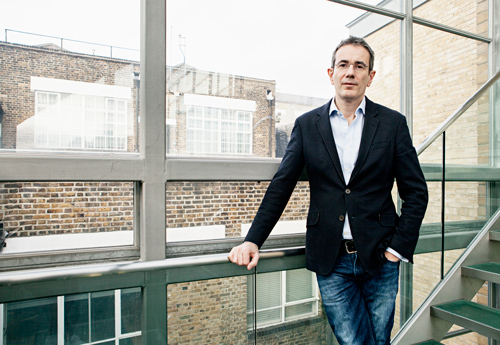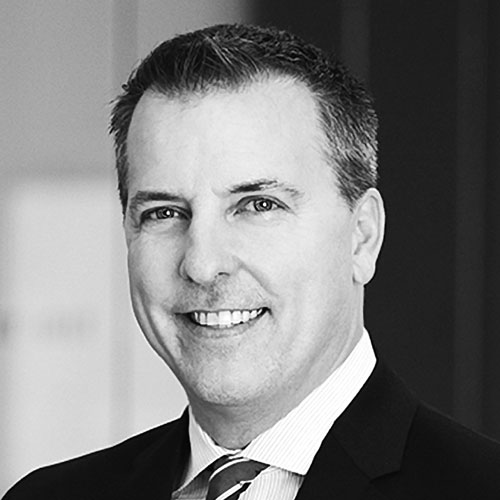Alastair Procter focuses on creating the perfect working environment: one that offers satisfying employee challenges and also fosters effective leadership development. From stretching comfort zones to the greater good of the enterprise, he shares what he has come up with so far.
Is there a single guiding principle that large global organizations can use to create effective employee and leadership development?
Alastair Procter: Nothing is more successful and satisfying than providing opportunities for individuals to grow in ways they never thought possible. That might be relocating to a different part of the world or working in part of the business they haven’t been exposed to before. After all, people learn most effectively through hands-on experience.
How do you ensure that you’ve positioned the right expertise in the right place at the right time?
Procter: Our leaders come from many diverse strengths and backgrounds, and that enables our network to be successful in any situation. It’s also been important to create an environment where executives are encouraged to make decisions without fear of automatic censure if things don’t work out perfectly. So being able to learn from failure is critical. To ensure a “proper fit,” we also make extensive investments in personal interactions with senior leaders and their teams to learn their aspirations along with their strengths and development needs.

Does IPG have specific systems and processes to help staff stretch their roles and responsibilities?
Procter: We conduct formal annual talent reviews that help identify our long-term, high-potential candidates, as well as high-value individuals with critical skills and relationships that would be difficult to replace. High-potential individuals might be offered coaching, mentoring, formal classroom development, and opportunities to work outside their usual teams to see how they handle new situations and relationships. The best thing we can do is to move them out of their comfort zones and into new areas of the business using geography, clients, function, level, and team as key variables.
Why do you believe making growth opportunities easily accessible is so important to employees?
Procter: Somebody once told me that when you feel you’re ready for the next move, you’ve probably stayed too long where you are. It’s too easy to get comfortable and go on autopilot. By making new opportunities readily available, we see who is eager for new challenges and develop employees who are more agile, more versatile, and more engaged.
Is the talent development culture at IPG unique?
Procter: What might be different is how we emphasize the greater good of the enterprise. We organize ourselves so that teamwork, collaboration, and accomplishing what needs to be done are the natural and easiest things to do in order to be successful.
You stress individual accountability in career development. Is that a hard sell to young employees?
Procter: No. They’re generally self-motivated, focused on making progress, and interested in feedback and experiences that will help them develop professionally. The very nature of our business requires that talent actively respond to problems and challenges presented by our clients. So it may be that we attract people who are motivated by this type of environment and are eager to take action. They may need some guidance to figure out where they want to be in their careers ten or twenty years from now, but no, I don’t find accountability to be a hard sell at all.
You’ve talked about the importance of leaders distilling their companies’ core values and implementing them in how they lead. In practical terms, what does that mean?
Procter: Actions speak louder than words. You have to walk the walk, not just talk the talk. Sometimes that can mean you have to stop talking. People who ask smart questions and listen well are often more informed, more respected, inspire more loyalty, and make more measured, balanced decisions.
In eight years, you’ve made lots of improvements to IPG’s talent and leadership development. What’s left to be done?
Procter: I’d like to see more comprehensive internal training at the craft level. For example, the media world is infinitely more complex than it was ten years ago. So rather than focus on internal learning, I’ve considered partnering with the business to develop formal client training to help them better understand modern media and all the other expanded options and challenges they face. If a program like that is solid enough for our clients, it will also be a great benefit to our employees, with modest adaptation. And that opens up an entirely new realm of possibilities.

